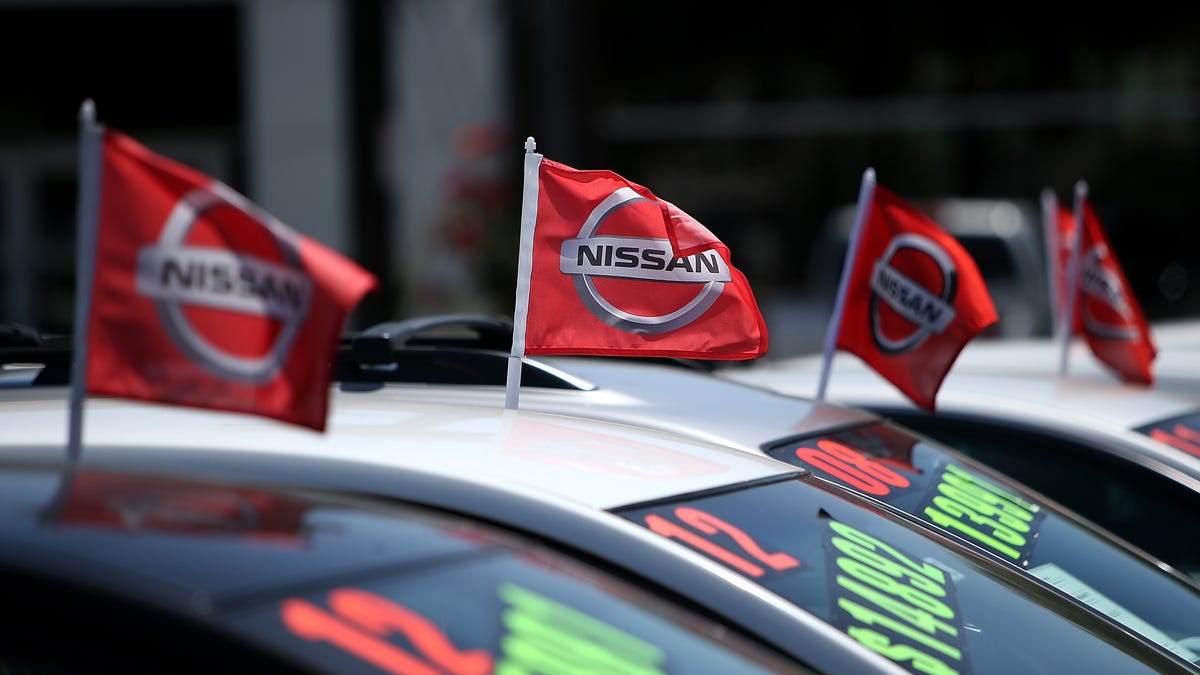Nissan might be off-loading its battery-manufacturing outfit
The Japanese company would prefer to buy its batteries from a third-party supplier, according to reports.

Outsourcing: Is there anything it can't solve?
Vertical integration is useful, because having control over every inch of a process can ensure quality. But it's not always the smartest route to take. Case in point, Nissan: The automaker might be looking to sell its battery-manufacturing venture in favor of just buying the things from somebody else.
Nissan is in talks with Panasonic to sell its majority stake in Automotive Energy Supply Corporation, Reuters and the Japanese newspaper Nikkei report. AESC builds lithium-ion batteries for use in EVs. After mediocre sales have not allowed the company to ramp up its battery production in a way that helps cut costs, Nissan could be thinking it will be more cost efficient to just purchase its batteries from a supplier.
"The article on Nissan and its battery business that appeared in the Nikkei newspaper on August 8 is speculation and not based on any announcement by us," the company said in an emailed statement, however. "Nissan is committed to producing the best possible EV solutions for our customers. To that end, we continuously evaluate our business strategy in pursuit of optimal products and business structure."
Panasonic is currently the battery supplier for Tesla Motors. Tesla and Panasonic are going in together on the Gigafactory, a massive facility in Nevada that will eventually play host to the largest battery factory in the world. At full clip, Gigafactory should be capable of producing enough batteries to meet Tesla's production needs, which is claimed to be 500,000 vehicles per year within two years' time. Panasonic declined to comment for this story.
As far back as 2014, Reuters was reporting that Nissan was looking to reduce battery production and rely instead on parts from LG Chem, which manufactures battery cells for General Motors and other brands.

